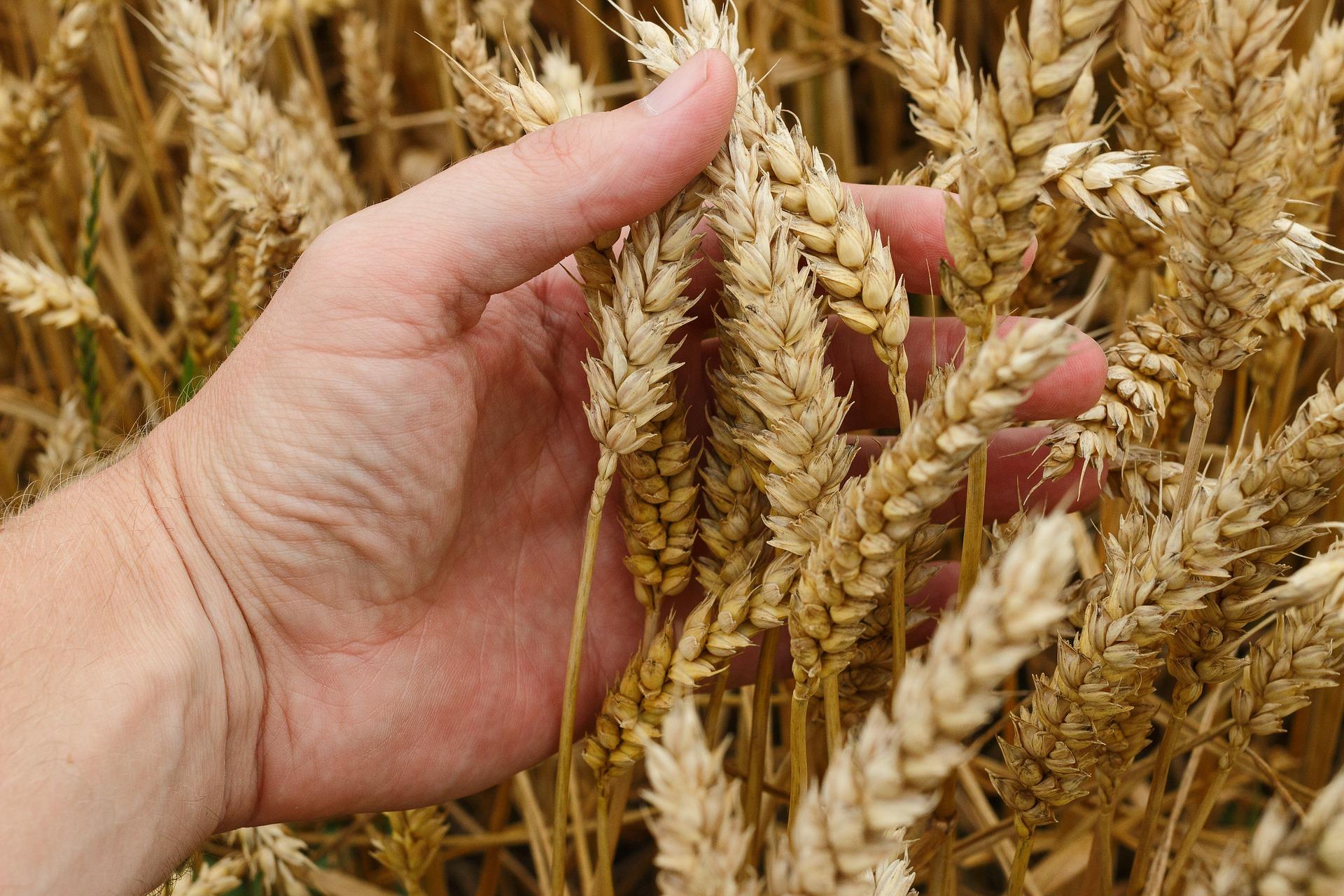Improving wheat yields in dispersive soils

Examine how wheat yield can be improved by increasing tolerance to different soil constraints
Dispersive soils reduce wheat yields on 68 % of cropping land in Australia. These soils often comprise highly alkaline subsoils (pH > 9) and many other constraints including high salinity, high aluminium, waterlogging and high soil strength.
A current GRDC-funded project is aiming to improve the yield of wheat in dispersive soils by pyramiding tolerance to one or more of these soil constraints into elite wheat varieties. We have a range of projects involving the following research areas: plant phenotyping, plant nutrition, plant genetics, soil science and farming systems that can be tailored to your interests.
You will develop skills in:
- Plant phenotyping
- Soil chemical analysis
- Greenhouse, growth chamber and/or field trials
- Molecular biology, genotyping and/or gene expression, molecular markers
- Experimental design and data analysis
Key References:
McDonald, G. K., Taylor, J. D., Verbyla, A., and Kuchel, H. (2013): Assessing the importance of subsoil constraints to yield of wheat and its implications for yield improvement. Crop and Pasture Science 63, 1043-1065.
Supervisors
Associate Professor Glenn McDonald
- Co supervisors: Dr Rhiannon Schilling
- Research area: Farming systems
- Recommended honours enrolment: Honours in Agricultural Science
